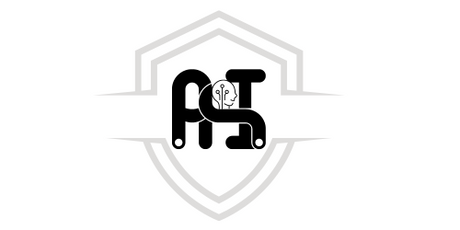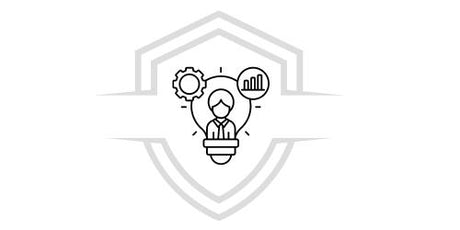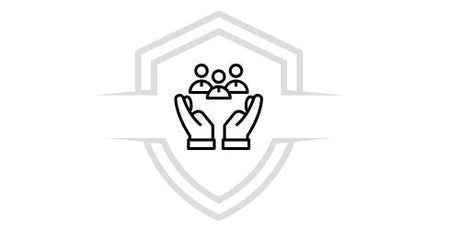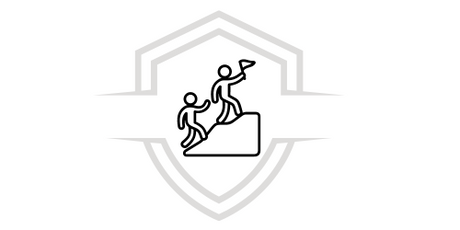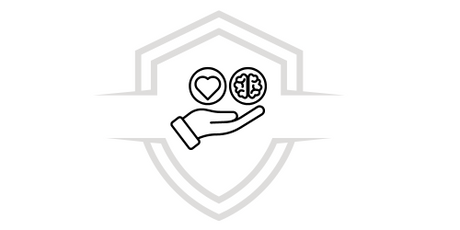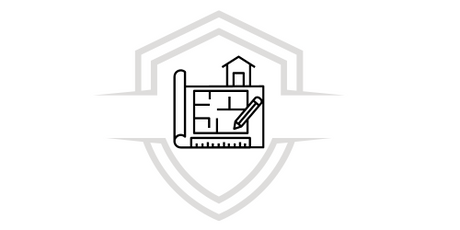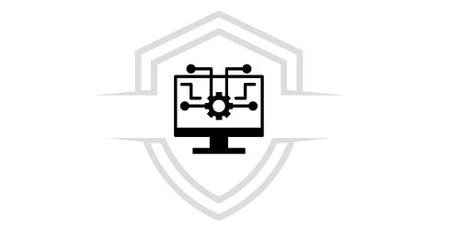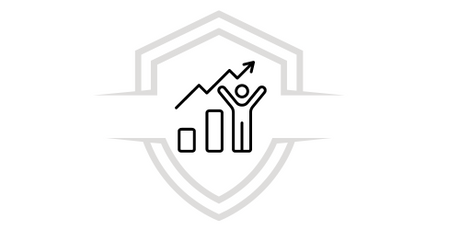Artificial intelligence (AI) has transformed many areas of our lives, and the field of Human Resources is no exception. The implementation of AI in HR functions has revolutionized the way organizations attract, manage and develop their talent.
In this article, we explore how artificial intelligence is supporting the HR department, optimizing talent management and improving processes in general.
How does Artificial Intelligence support Human Resources?
1. Recruitment and selection of talent
Recruitment is a laborious and costly process, but AI has enabled a significant transformation in this area. AI algorithms can analyze large amounts of data and use machine learning techniques to identify and select the most suitable candidates for a position.
This includes reviewing resumes, social media profiles, and other relevant sources of information. AI has also made it easier to securely schedule interviews and assess skills, streamlining the selection process and allowing recruiters to focus on making more strategic decisions.
2. Data analysis and informed decision making
The use of AI in HR has provided unprecedented capabilities for data analysis. AI algorithms can analyze large data sets to identify patterns, trends, and correlations in areas such as employee performance, absenteeism, turnover, and job satisfaction. This enables HR professionals to make more informed, data-driven decisions when developing hiring strategies, development plans, and retention programs.
AI can also predict future outcomes and help anticipate potential problems in talent management.
3. Employee experience and personalized attention
AI has improved the employee experience by offering a level of personalization and attention that was not previously possible. AI-powered chatbots and virtual assistants can provide quick and accurate answers to employee questions, offering instant support on topics such as benefits, internal policies, and training. Additionally, AI can personalize communication and professional development to fit each employee’s individual needs, improving employee satisfaction and engagement.
4. Personalized development and training
AI has enabled personalized training and development for employees. AI systems can analyze the skills and competencies of each employee and recommend specific training and development programs to improve their skills and competencies. This provides employees with opportunities and development tailored to their individual needs, improving their performance and increasing their job satisfaction.
5. Performance management and continuous feedback
AI has improved performance management by providing continuous and accurate feedback to employees. AI systems can monitor and evaluate employee performance in real-time, providing valuable insights that help identify strengths and areas for improvement. This enables managers and leaders to provide more effective and constructive feedback, as well as set clear and measurable goals.
AI can also help identify performance patterns and predict potential problems, allowing for early intervention and implementation of appropriate development strategies.
6. Diversity and inclusion management
AI can play a key role in managing diversity and inclusion in the workplace. By analyzing large volumes of data, AI can identify potential biases or disparities in recruitment, selection, and development processes. This enables organizations to take steps to ensure adequate equity and diversity in their HR practices. Additionally, AI can help identify opportunities to create a more inclusive work environment and foster collaboration between employees with different backgrounds and perspectives.
7. Automation of administrative tasks
AI has enabled the automation of routine and repetitive administrative tasks in the HR department. This includes payroll management, attendance tracking, benefits administration, and reporting. By freeing up HR professionals from these tasks, AI allows them to focus on strategic and higher value-added activities such as HR policy development, workforce planning, and organizational change management.
Artificial intelligence is transforming the HR field by improving efficiency, accuracy, and personalization in talent management. From talent recruitment and selection to performance management and personalized employee care, AI offers numerous benefits in the HR field.
However , it is important to remember that AI should be used ethically and responsibly, and should not completely replace human interaction and judgment by HR professionals. By leveraging AI capabilities effectively, organizations can optimize talent management, improve employee experience, and achieve greater success in an increasingly competitive and ever-changing work environment.












